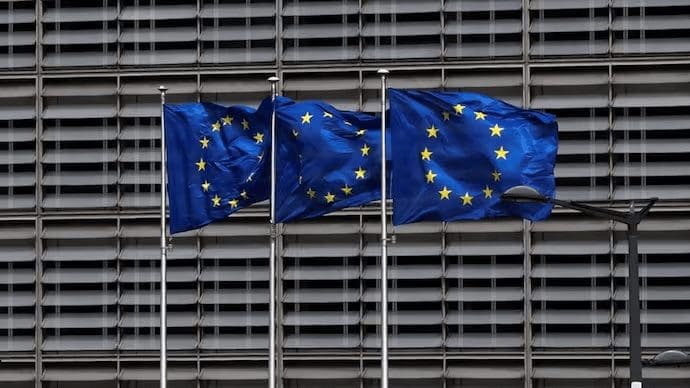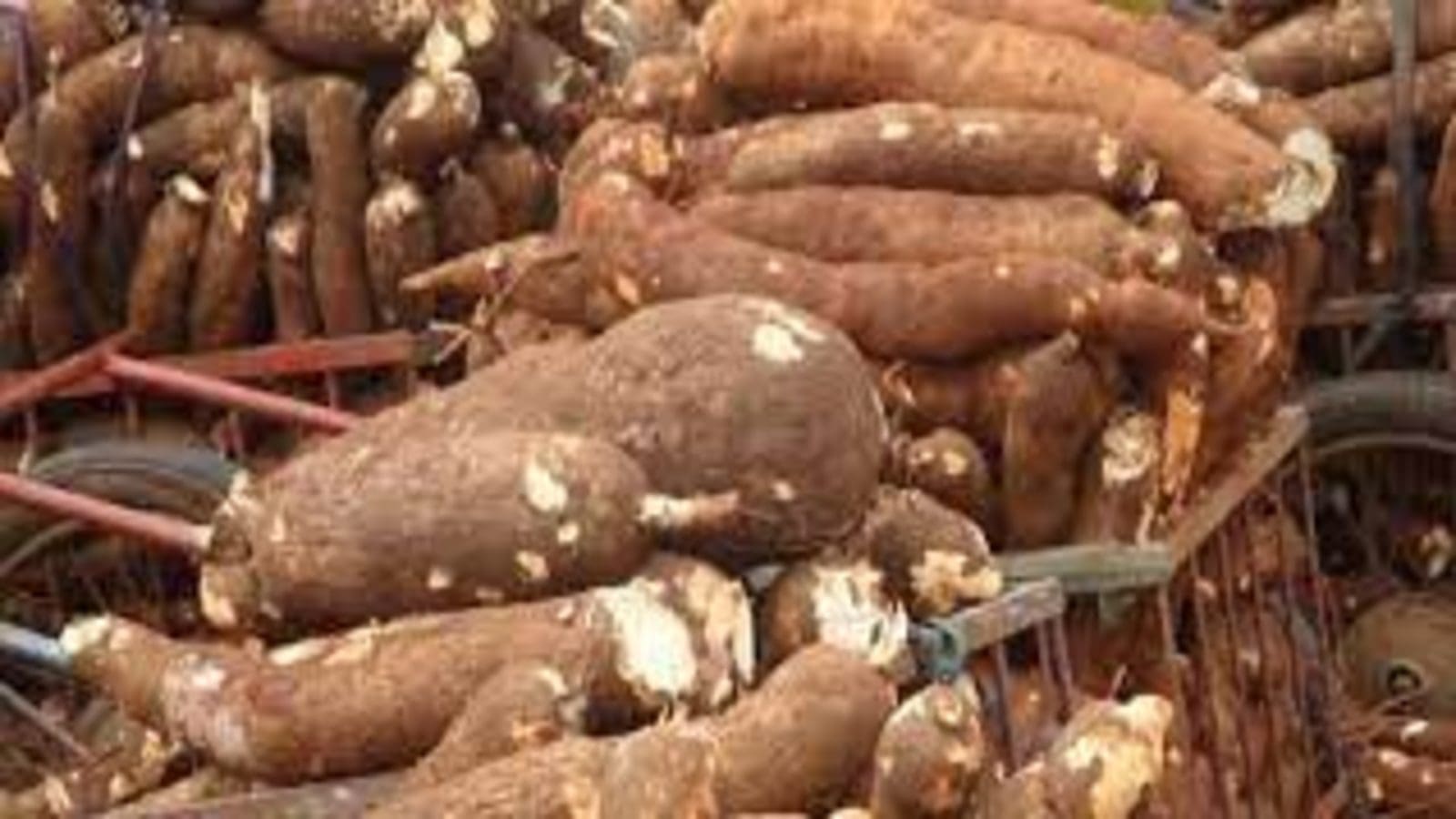HUNGARY- The European Union has criticized Hungary’s intention to follow Poland in banning Ukrainian food imports, saying that the unilateral moves were “unacceptable” and trade policies of this kind were a matter of “E.U. exclusive competence.”
In its statement, the EU insists that “in such challenging times, it is crucial to coordinate and align all decisions within the EU” and that only the bloc could adopt legally binding decisions on trade matters.
Hungary’s agriculture minister, Istvan Nagy, cited “the absence of meaningful E.U. measures” in his announcement that his country would restrict Ukrainian grain imports till the end of June.
Nagy said the ban would include grain, oil-bearing crops, and some other agricultural products on allegations that the food products did not meet European standards.
Moreover, Nagy claimed that Ukraine uses agricultural technologies no longer permitted in the EU, which allows it to cut costs and flood European markets with large amounts of poultry, eggs, honey, grain, and oil-bearing crops.
The decision to ban these imports comes barely a week after the Polish and Ukrainian governments reached an import suspension agreement in which Ukrainian grain will only go through Poland to third-world countries.
In response, Ukraine’s Ministry of Foreign Affairs said it was “deeply disappointed” with Hungary’s decision and that the ban “contradicts the principles of free trade and friendly relations between the two countries,” urging Hungary to reconsider its decision.
Poland, Romania, Hungary, Slovakia, and Bulgaria have been incredible alternative shipping routes for commodities from Ukraine after its Black Sea ports were blocked due to Russia’s invasion in February 2022.
The European Union waived customs duties and import quotas to facilitate transport through these Central European countries, but large quantities of cheaper Ukrainian grain ended up in these countries, hurting the prices and sales of the local farmers.
To no avail, these Central European countries pleaded with the EU to reintroduce customs duties to help control domestic prices, prompting bolder measures to protect their local grain prices.
Ukrainian authorities are keen to engage in talks with these countries to reestablish normal trading relations, commenting that handling issues “by unilateral drastic actions will not speed up the positive resolution of the situation.”
At present, the Hungarian agriculture ministry assures that transit for Ukrainian agricultural products will continue without incident.
Double trouble for Ukraine as grain deal is in jeopardy
Meanwhile, Russia has said there would be no UN-brokered Black Sea grain deal extension beyond May 18 if the West keeps complicating Russian grain and fertilizer exports.
“Without progress on solving five systemic problems … there is no need to talk about the further extension of the Black Sea initiative after May 18,” the Russian Foreign Ministry said in a statement.
Russia had made this declaration before, citing “a lack of progress on normalization of domestic agricultural exports.”
The foreign ministry said the EU must see to it that the Russian Agricultural Bank (Rosselkhozbank) is reconnected to the SWIFT payment system, supplies of agricultural machinery and parts resumed, and restrictions on insurance and reinsurance lifted.
The ministry also criticized the intentions of the grain deal, which helps export grain to the EU under the guise of helping countries in need.
“We note that, despite all the high-sounding statements about global food security and assistance to countries in need, the Black Sea Initiative both served and continues to serve exclusively commercial exports of Kyiv in the interests of Western countries,” the ministry said.
For all the latest grains industry news from Africa, the Middle East and the World, subscribe to our weekly NEWSLETTERS, follow us on LinkedIn and subscribe to our YouTube channel










